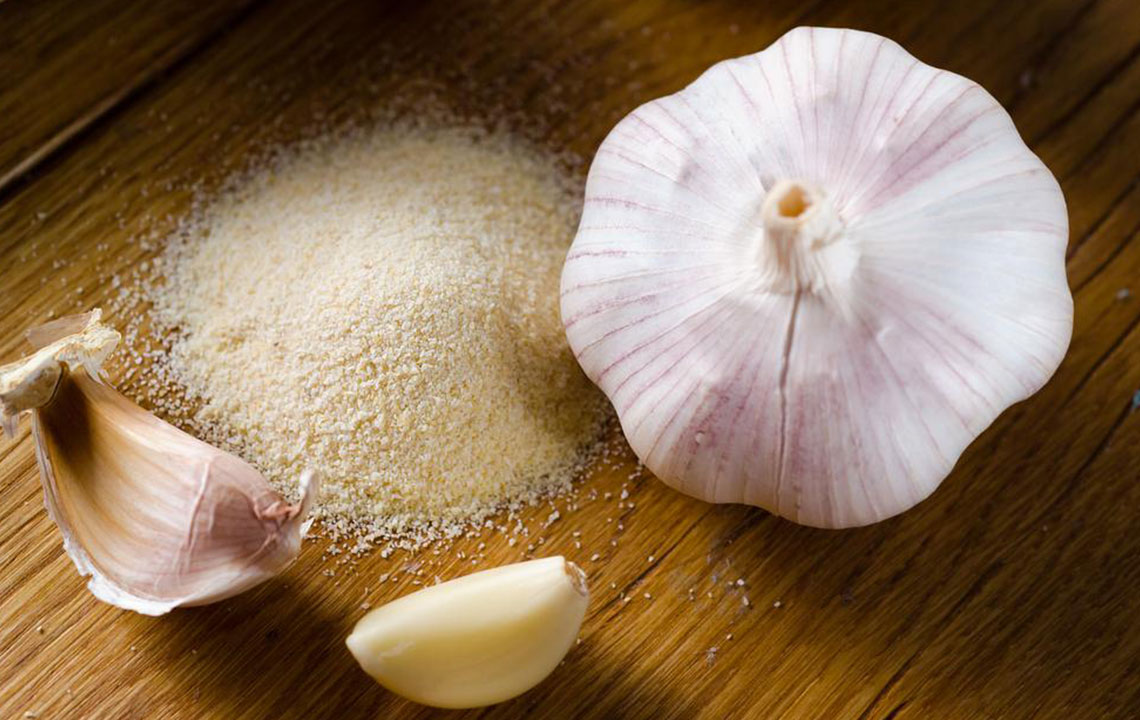Comprehensive Guide to Managing Flatulence and Gas Issues
This guide provides essential insights into causes, symptoms, and effective home remedies for managing gas and flatulence. Learn dietary and lifestyle tips to reduce discomfort and improve digestion naturally.
Sponsored

Complete Insights into Flatulence and Gas Relief
Dealing with excessive gas in the digestive system can be uncomfortable and embarrassing. Beyond social awkwardness, it often results in pain and bloating. Known as flatulence, this condition involves the accumulation of gas within the intestines. Understanding its causes is essential before seeking remedies. This article covers common triggers, symptoms, and effective home treatments for gas relief.
What Causes Excess Gas?
Swallowing air during activities like chewing gum, drinking fizzy beverages, eating quickly, smoking, or wearing loose dentures can cause excess gas.
Fermentation of undigested carbohydrates in the large intestine, due to foods or digestive disorders, also contributes.
Conditions such as IBS, SIBO, GERD, lactose intolerance, and celiac disease can increase gas production.
Recognizing Gas Symptoms
Frequent burping or belching
Passing gas often throughout the day
Abdominal bloating and swelling
Cramping and abdominal pain
Home Remedies for Gas Relief
Consume a teaspoon of carom seeds in water daily to promote digestion.
Drink decoctions of boiled cumin seeds after meals to reduce gas buildup.
Mix half teaspoon of asafoetida powder in warm water for anti-flatulent effects.
Eat grated ginger combined with lemon juice post-meals to soothe digestion.
Drink a glass of warm water with apple cider vinegar for quick relief.
Combine black salt and roasted cumin powder in buttermilk and drink regularly for better digestion.
Dietary Adjustments to Minimize Gas
Limit intake of high-fiber foods like beans, broccoli, onions, and cabbage, or consult a nutritionist for personalized advice.
Reduce dairy consumption or choose lactose-free options.
Avoid sugar substitutes that can ferment in the gut.
Cut down on carbonated drinks and monitor fiber supplement intake.
Stay well-hydrated by drinking water frequently, especially after meals.
Lifestyle Changes for Gas Management
Eat smaller, more frequent meals to prevent excess gas formation.
Eat slowly and chew thoroughly to aid digestion.
Avoid chewing gum, hard candies, and using straws.
Quit smoking to reduce swallowed air.
Maintain regular physical activity to stimulate digestion.
Check and adjust dentures to avoid swallowing excess air.






